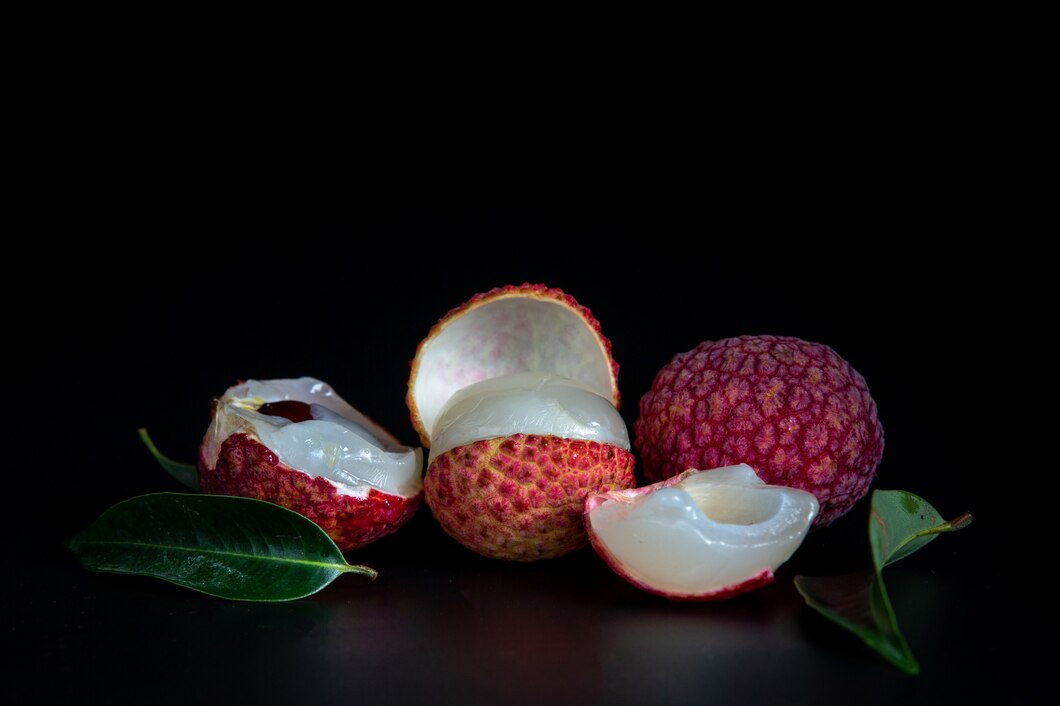In the quest for a healthy diet, many of us reach for fresh fruits and vegetables without giving much thought to how they should be prepared. However, while the skin of some produce can be nutritious, certain foods require peeling to avoid ingesting potentially harmful substances. Here are 10 foods that can be poisonous if not peeled:
1. Cassava (Manioc or Yuca)
Cassava is a starchy root vegetable commonly used in African, South American, and Asian cuisines. However, its skin contains cyanogenic glycosides, which can produce cyanide when eaten raw or improperly prepared. Peeling and thoroughly cooking cassava is essential to remove these toxins.
2. Bitter Almonds
Bitter almonds are different from the sweet almonds we commonly eat. They contain amygdalin, a compound that can break down into cyanide in the body. The skin of bitter almonds is especially toxic, and they should never be eaten raw. They must be peeled, cooked, or processed to remove the toxins.
3. Potatoes (Especially Green or Sprouted Ones)
Potato skins are generally safe to eat, but green potatoes or those with sprouts contain solanine, a toxic compound. Solanine is more concentrated in the skin and can cause symptoms like nausea, vomiting, and neurological issues if ingested in large amounts. It’s best to peel potatoes that have turned green or have sprouted.
4. Mangoes (In Certain Cases)
Mango skins contain urushiol, the same compound found in poison ivy, which can cause allergic reactions in some people. While many can eat mango skin without issues, those with sensitivities may experience itching, swelling, or rashes. Peeling mangoes is a safer option for those who are allergic.
5. Taro
Taro is a root vegetable popular in many tropical regions. However, its skin contains calcium oxalate crystals, which can cause irritation, itching, and burning in the mouth and throat. Peeling taro and cooking it thoroughly neutralizes the irritating compounds.
6. Kiwifruit (In Some Cases)
Kiwi skin is technically edible and contains fiber and nutrients, but it can also cause allergic reactions in some people due to the presence of actinidin, an enzyme that may irritate the throat and mouth. If you’re prone to oral allergies, it’s better to peel the kiwi before eating it.
7. Lychee
Lychee is a delicious tropical fruit, but its skin and seeds contain toxic compounds like hypoglycin A, which can cause serious health issues if consumed in large amounts. The skin is inedible and should always be peeled away before eating the fruit.
8. Pineapple
Pineapple skin is tough and spiky, containing bromelain, an enzyme that can cause irritation to the skin and mouth. While bromelain is beneficial in small amounts, the concentration in the skin can cause discomfort or allergic reactions, making it essential to peel pineapples thoroughly before consumption.
9. Elderberries
Elderberries are often used in jams, jellies, and syrups, but the unripe berries, seeds, and skins contain cyanogenic glycosides, which can release cyanide when ingested. Peeling the elderberries, along with proper cooking, removes the risk of poisoning.
10. Yams (Certain Varieties)
Certain varieties of yams, particularly those grown in Africa, contain toxic substances like dioscorine, which are concentrated in the skin. These toxins can cause symptoms ranging from mild irritation to more severe neurological effects. It’s crucial to peel and cook these yams properly to remove any harmful substances.
While fruits and vegetables are generally healthy, it’s important to be aware of the potential dangers some skins can pose. Peeling these specific foods is an essential step to ensure that they are safe to eat. Always remember that proper preparation and cooking methods can transform potentially harmful ingredients into safe and nutritious parts of your diet.








